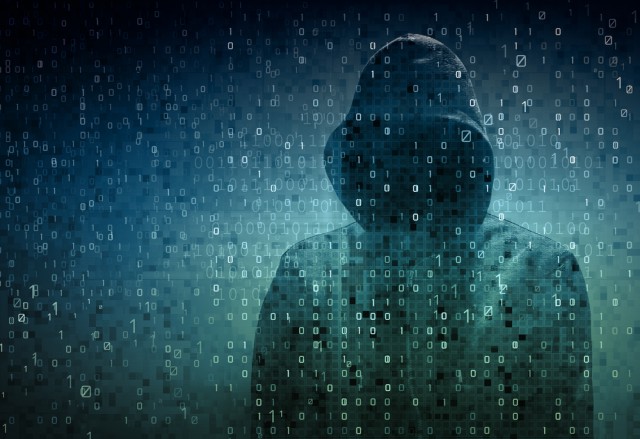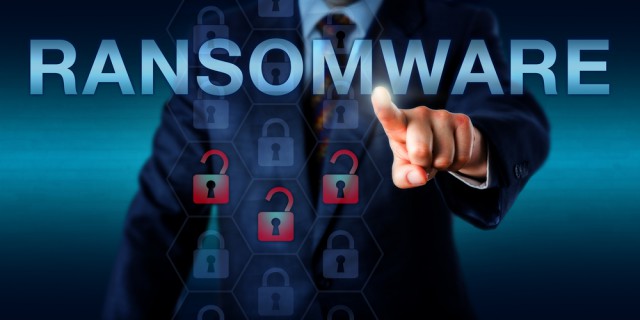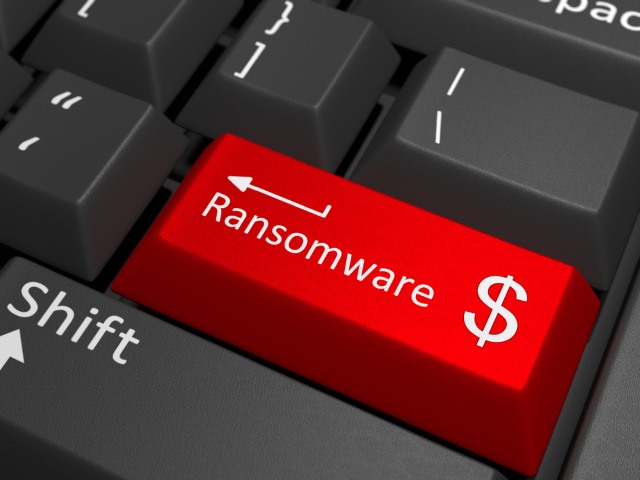
Identifying hackers is harder than you think
One of the main reasons why hackers and other malicious actors are so hard to locate is not the fact they're really good at hiding their location -- it is because they're exceptional when it comes to faking things. They fake their locations, their working hours, language, infrastructure, toolkits -- even their own groups.
Hackers are going extreme lengths to make sure people looking for them are actually in for a wild goose chase. These conclusions were released by security researchers at Kaspersky Lab who tried to tackle the issue of misleading both victims and security researchers.

Consumers are 'overwhelmed' by the sheer number of security alerts
A new study has revealed that many consumers are suffering from "security fatigue" as a result of relentless cybersecurity warnings which have led to many of them failing to protect themselves online.
The study was conducted by the US National Institute of Standards and Technology (NIST), by conducting in-depth interviews with a wide cross-section of Americans between the ages of 20 and 60 living in rural and urban areas in both low and high-paying jobs.

How connected cars are vulnerable to attack
It's reckoned that by 2020 three-quarters of new cars shipped globally will have some form of internet connectivity.
But while this brings benefits in terms of practicality and ease of use it also adds cars to the list of IoT devices that are vulnerable to attack. We've already seen Fiat Chrysler recalling cars to fix a vulnerability and this could be just the tip of the iceberg.

Free Wi-Fi and the dangers of mobile Man-in-the-Middle attacks
We’ve known for a long time that public Wi-Fi is one of the weakest links in mobile security. But what is proving even weaker is public awareness of just how vulnerable that connection technology can be.
According to iPass, which tracks the global growth of Wi-Fi, there are now 54 million Wi-Fi hotspots in the US, representing a 4,414 percent increase since 2013. Many of these Wi-Fi hotspots are insecure, leaving users open to cyber attack and at risk of significant financial loss. In our recent study Uncovering the True Costs of Enterprise Mobility, 28 percent of US companies report having suffered a mobile breach in the last 12 months -- with the cost of remedying the breach at $250,000 to $400,000 in many cases.

Russia accused of hacking US voting system and interfering with the 2016 election
There is only a month to go until the election showdown between Trump and Clinton finally comes to an end. There is a great deal riding on the result of this particular election and we have already seen DNC servers hacked.
There has been speculation about who may have been responsible for this security breach, but now the US has pointed the finger firmly at Putin's Russia. Russian hackers are accused of hacking into the Democratic National Committee's servers and trying "to interfere with the US election process".

Ransomware becomes biggest security threat on Android
Android users, beware. Ransomware for your favorite mobile operating system is picking up -- it's now the main threat in the US, UK, Germany, Denmark and Australia, in the first half of 2016.
These are the figures from security organization Bitdefender. Its report claims the Android SLocker ransomware family accounts for almost half of all mobile malware reported by infected devices in the first half of 2016 in Denmark.

Free disaster recovery for businesses in the path of Hurricane Matthew
Hurricane Matthew is already the most powerful Atlantic tropical storm in almost a decade and has caused devastation in Haiti. Homes and businesses in Florida are now bracing themselves for its impact.
In response to the storm, disaster recovery as a service specialist Axcient is offering complimentary, no commitment disaster recovery services to businesses potentially affected by Matthew's approach.
Buy a Google Pixel from Verizon and Verizon will be responsible for updates, not Google
The newly announced Pixel and Pixel XL caused great interest at the beginning of the week. Described by the company as being "the first phone made by Google inside and out" (even though we know that HTC is involved) you would expect that Android updates would be coming courtesy of Google itself.
If you thought that, you'd be wrong. Possibly. It depends where you buy your Pixel from. Buy it from Google, and Google will indeed be responsible for the update process. Buy it from Verizon -- Google's exclusive US partner -- and Verizon will be the one handling system updates, creating something of a two-tier system.

New Mac malware could secretly record your webcam during video chats
FBI director James Comey made the news last month when he admitted that he tapes over his laptop's webcam to avoid being spied upon. Mark Zuckerberg does it too. As Comey puts it, blocking the webcam is a "sensible" thing to do -- and if you too care about your privacy you should follow suit. But, there is a problem.
When you remove the tape to chat with someone you are left vulnerable. And, as a security researcher will demonstrate today at the VB2016 conference, a hacker could use that opportunity to record Mac users' activities "in an essentially undetectable manner".

How behavioral biometrics can enhance security [Q&A]
Traditional authentication methods are struggling to keep up with the expansion of online services. Yet additional systems like two-factor authentication can prove to be cumbersome.
The answer may lie in analysis of behavioral biometrics which can be used to determine wether credentials are being used legitimately. We spoke to Neil Costigan CEO of Swedish company BehavioSec to find out more about where it’s already being used and how it could change the way we access banking and other services.

Some UK businesses don't know what ransomware is
More than one in ten (11 percent) of all UK organizations have never even heard of ransomware, Trend Micro claims. Another 20 percent don't know how the malware works. Yet, more than four fifths, or 82 percent to be exact, consider malware a threat.
This general lack of knowledge about ransomware best reflects in how the organizations in question think ransomware originates. A third (33 percent) of them know it comes from malicious email attachments. However, a quarter (24 percent) believe ransomware infections come from clicking a link in an email, and 14 percent think it happens if you simply browse the web.

TalkTalk fined £400,000 for security breach
UK ISP TalkTalk hit the headlines last year for a data breach that resulted in the theft of personal data relating to over 150,000 customers.
Today the Information Commissioner's Office announced that it has issued the company with a record £400,000 (around $510,000) fine for what it called a failure to implement basic security measures.

New study by Kaspersky shows computer risks to those over 55
It's probably no great secret that today's older generation has a flock of followers online that they largely do not want, who are trying to con them out of their money. Trying to take advantage of this generation is nothing new. In the past it was done door to door with scams such as "roofers" and "driveway repairmen".
Security company Kaspersky has done a study of internet users aged 55 and older and the results, while unsurprising, aren't particularly good.

Intel Security launches new McAfee lineup harnessing the power of the cloud
As we use more devices to access the internet protecting all of them from the latest threats becomes something of a chore.
Intel Security is addressing this with the launch of a new 2017 range of McAfee security products at the heart of which is a next-generation anti-malware engine that offers more efficient and effective threat detection by offloading analysis to the cloud.

How ransomware threatens government agencies [Q&A]
Ransomware is an increasingly severe threat to all organizations and government agencies are not exempt. The Federal Trade Commission recently labeled ransomware as "among the most troubling cyberthreats".
But why are government agencies such an attractive target and what can they do to combat the threat? We spoke to Andrew Hay, chief information security officer of data security specialist DataGravity to find out.